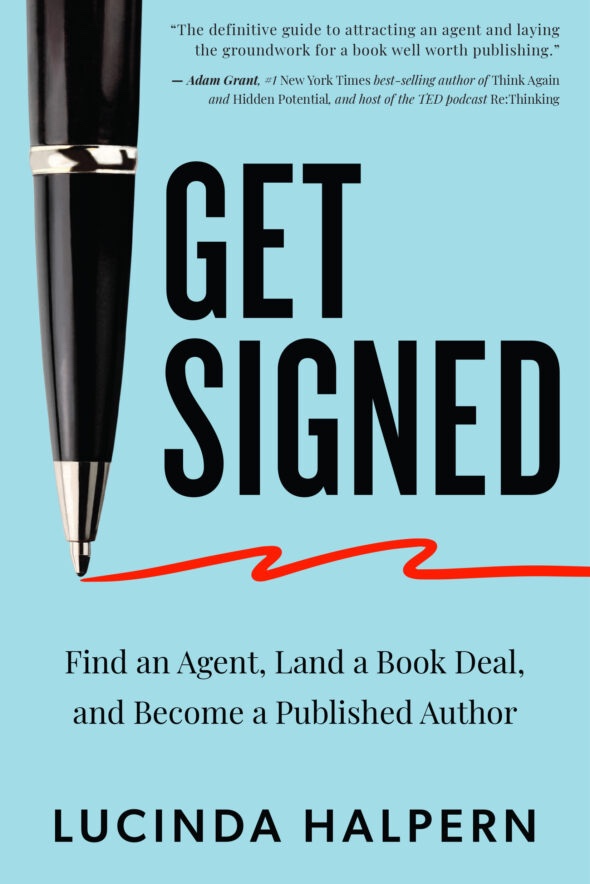Search
Writing a Top-Notch Memoir
This week, Jackie Ashton, a senior agent here at Lucinda Literary, took over our blog to share some valuable insights! Jackie specializes in nonfiction, especially memoir, narrative nonfiction, and stories that are tied to big ideas.
In this blog, we’ve talked about how to market your memoir and how to determine if your memoir has publishing potential. Today, Jackie addresses common editorial questions she receives about tackling the elusive memoir submission process in anticipation of her upcoming workshop: How to Pitch, Package, and Market Your Memoir on February 16th.
Jackie:
Memoirs can be a difficult project to take on. While we know you have an interesting story, it can be hard to convince publishing gatekeepers of its relatability and potential to reach a wider audience. So let me share my secrets of turning your unique story into a memoir that really sells to agents, publishers, and readers alike. I answered the questions I receive the most often when it comes to memoir:
What are the three elements every memoir must have?
1) Phenomenal writing, full stop.
2) A compelling, page-turning, never-been-told-before story
3) A container for that story. (I’ll explain what that is in the live class, but also go over it in our memoir on-demand course)
What does the market look for in this genre?
First of all, you need to ask yourself whether a memoir is actually the correct genre for the book you should write! In the case of my client Scott Shigeoka, his proposal came to me as mostly a memoir, but we ultimately reframed it as a big idea book about curiosity, moving his personal story into the background of the larger narrative. One way to truly determine where your book best fits on the shelf is to identify strong comparative titles and check whether yours would also sit within their category.
Are you enjoying these tips? Get these insights delivered in your inbox regularly.
Download our free webinar on turning big ideas into book pitches and subscribe to receive special content such as industry secrets, publishing news, and student spotlights, along with occasional promotional content about our workshops and courses (which might even including discounts!).
How do you ground your memoir in a large, sale-able idea?
Sometimes, you have to do more than simply tell your story by discovering the big picture—finding what it is about your memoir that resonates with readers. For example, a client of mine is a coach for a very famous athlete. She, too, wanted to write a memoir. But I advised her to lean into her expertise (coaching) as I did with Scott (in his case, his expertise was curiosity).
What are memoir tropes you’re tired of seeing?
This can vary from agent to agent, but for me personally, I’m tired of seeing depictions of “your life story from birth to now,” a cancer diagnosis, loss of a loved one, or battle with mental illness or addiction, told in a linear way. While these life-changing events are perennial, profound, and bound to touch the heart on a larger scale, the only way to create a compelling memoir about these well-trod topics is to reveal them in an artistic, counterintuitive and surprising way that has never been done before.
If you found this helpful, I hope you’ll join me live as I expand upon these topics during our memoir class. I would love to hear about your particular story so we can offer feedback and solutions to the challenges and goals you might have about your memoir or the industry in general.







